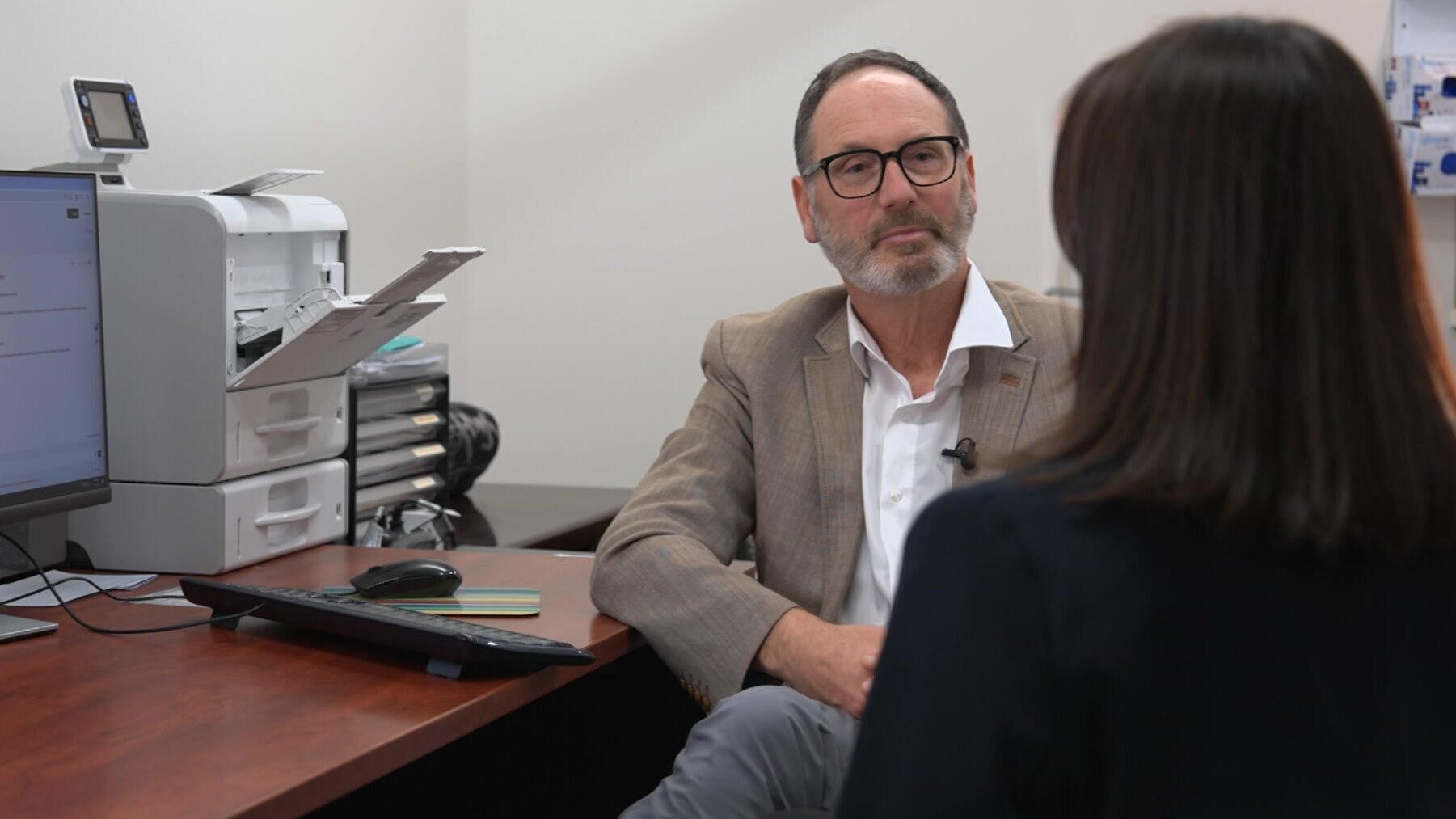The Rise of AI Scribes in Australian Healthcare
Over the past year, Dr Grant Blashki has integrated a digital assistant into every patient consultation. This AI scribe listens to every word spoken during appointments and generates notes automatically. According to Dr Blashki, the system is generally accurate but not perfect. “Occasionally it mishears names or diagnoses,” he said. Despite these minor issues, he finds the tool invaluable.
Patient consent is a key part of using AI scribes in clinical settings. Dr Blashki ensures that patients are aware of the technology and its use. Most people are comfortable with the idea, though some choose not to participate. “It streamlines the work and allows me to focus more on the patient,” he explained. He relies heavily on the software, even saying that he would rather forget his stethoscope than the AI scribe.
Safeguarding Patient Data
As patients share personal and sensitive information, the AI scribe collects vast amounts of data. Dr Blashki takes precautions by deleting all transcriptions after each consultation. He uses software from Heidi Health, a Melbourne-based company that provides AI scribe tools across Australia. While Heidi Health declined an interview, its CEO, Dr Thomas Kelly, provided a written response.
Heidi Health supports nearly two million visits weekly globally, with data stored in compliance with regional regulations. In Australia, this means adhering to the Australian Privacy Principles (APP), while other regions follow standards like GDPR or HIPAA. All data is protected under ISO 27K and SOC2 requirements, which are considered the highest enterprise standards. Third-party audits ensure ongoing security.
Another company, Lyrebird Health, also offers AI scribe services. Its CEO, Kai Van Lieshout, emphasized that Australian customer data is stored in sovereign databases. “We have not been hacked before, which is incredibly important,” he said. Patient notes are automatically deleted after seven days unless manually extended. However, this means doctors must back up notes if they want to keep them.
Risks and Considerations
John Lalor, an Assistant Professor at the University of Notre Dame, warns that storing digital data always carries risks. “The more data AI systems have, the better they typically perform, but there’s a privacy risk if the data is exposed,” he said. Lalor advises both patients and doctors to ensure AI scribe companies are transparent about data storage and usage. Patients who feel uncomfortable can discuss alternatives with their physicians.
How AI Scribes Work
To demonstrate how Heidi Health’s AI scribe functions, Dr Blashki walked through a mock appointment about a headache. The software, called “Making Magic,” generated consultation notes and suggested possible diagnoses, such as tension-type or cervicogenic headaches. However, Dr Blashki stressed that these are suggestions, not definitive answers. “Doctors need to review the documentation for accuracy,” he said.
Dr Kelly added that the software aims to go beyond a literal summary, identifying clinical rationale behind questions. Heidi Health does not provide differential diagnoses without clinician input. Similarly, Lyrebird Health avoids offering diagnoses, instead breaking down the conversation into categories like patient description, examination findings, and next steps.
A Growing Trend in Healthcare
Dr Blashki noted that around 50% of doctors in his Melbourne clinic use AI scribe software for every consultation. He has even received referral letters from specialists that appear to be generated by AI. “I sometimes think a diagnosis might be incorrect,” he said. “It’s like a GPS — it gives suggestions, but the driver still needs to check.”
Former Victorian Chief Health Officer Brett Sutton believes AI scribes have become indispensable but emphasizes the need for strong data protection. “Regulators must ensure safety, and clinicians must properly record and store sensitive health information,” he said. This aligns with traditional practices for handling clinical notes.
Conclusion
AI scribes are transforming healthcare by improving efficiency and allowing doctors to focus more on patient care. While the technology offers significant benefits, it also raises important questions about data privacy and accuracy. As the use of AI continues to grow, ensuring transparency and security remains a top priority for both developers and healthcare professionals.

